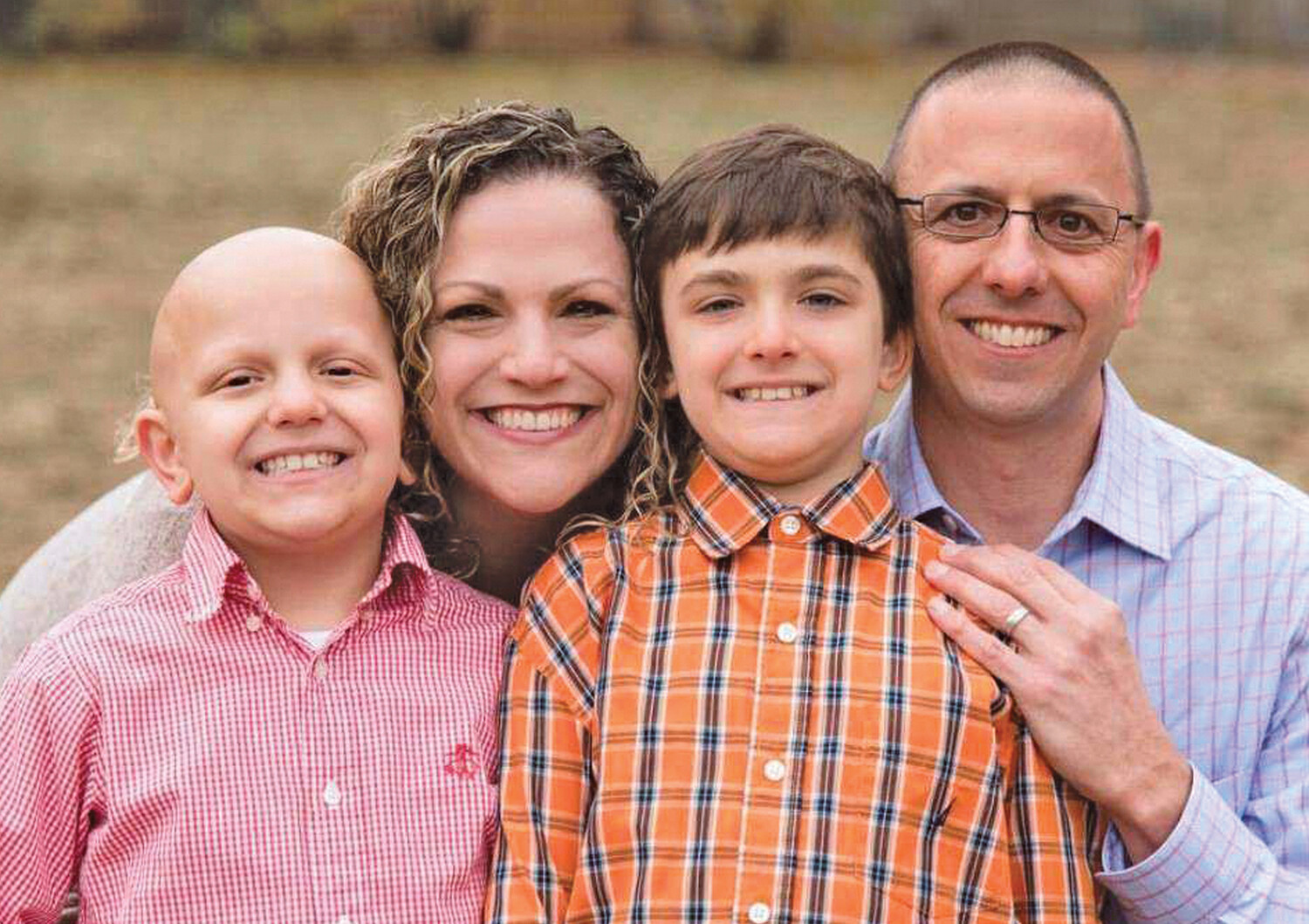When Jill Harris (’08) arrived at JMU, she was undecided on a major and a career. During a first-year Sociology class, she discovered a passion for global issues thanks to the late Philip Luck. The inspiring professor enlightened her about the interconnectivity of the world’s biggest challenges, revealing how social institutions perpetuate cycles of poverty, racism and war — all affected by climate change.
“I knew these issues existed, but I didn’t realize the scale at which they all intersect and the scale at which government and society enforce it. And that directly impacts the work I do at the Environmental Investigation Agency,” she said.
Harris has worked at EIA for eight years, currently as its operations and administration manager. For more than 30 years, EIA has developed and implemented systemic solutions to protect the environment by focusing on three campaigns: forest, wildlife and climate.
“Without one of these pillars in place, the whole system collapses,” she said. “We really try to emphasize that each of these areas is equally important in trying to prevent [an] environmental catastrophe.”
The international organization achieves its goals, in part, by conducting undercover investigations to reveal crimes against the environment and increase transparency, particularly as it relates to corporate activities harming the environment. Some EIA staff members remain anonymous for their safety.
Every 15 minutes, an elephant is killed for its ivory. EIA’s U.S. office in Washington, D.C., where Harris was hired, was founded as a result of its groundbreaking investigations into the illegal ivory trade, flowing from Africa through the Middle East to supply markets in Asia. EIA provided key evidence that helped secure an international elephant-ivory ban in 1989.
More recently, EIA conducted an investigation into the largest, planned open-pit mine in North America — Alaska’s “Pebble Mine” — that threatened the world’s biggest salmon-spawning grounds and the beluga whale habitat. Through recorded conversations in 2020, true intentions of the Pebble Mine project were revealed: The copper mine was designed to be a significantly larger, 180-plus-year endeavor.
“Pebble originally said the mine was only going to be a 20-year mine, and it was going to be fairly small,” said Harris, now based in San Diego, California.
The recent documentary Wood depicts how EIA’s forest team operates in the field. The events in the film, and the subsequent report produced by EIA, led to citizen protests in Romania, resulting in the government releasing Forest Inspector — a transparent traceability system that allows citizens to check the legality of timber in real time on their smartphones.
“Huge, intact rainforests, old-growth pine forests and the forests around the equator are the lungs of the earth,” Harris said. “Keeping them standing is a very important piece of combating climate change.”
For Dukes seeking a successful career in environmental activism, Harris — a Sociology major and Criminal Justice minor — emphasized that choosing the right major doesn’t matter as much as the ability to write well and creatively.
“The most important course work is actually communications. Often you need to be writing a press release or putting together a proposal as a way to sustain the work, and that takes a ton of writing,” she said. “We try to make it exciting and inspire people to donate.”
